Julian Assange on WikiLeaks’ Comeback: ‘We Are Drowning in Material’
In an interview, Assange describes WikiLeaks' recent progress, saying that the site now "has more than 10 million documents and associated analyses."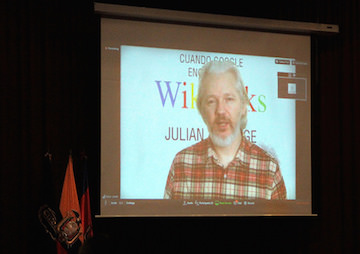 Julian Assange in 2014. (Agencia de Noticias ANDES / CC BY-SA 3.0)
Julian Assange in 2014. (Agencia de Noticias ANDES / CC BY-SA 3.0)
In an interview with the German magazine Der Spiegel, WikiLeaks founder Julian Assange discusses the comeback of the whistleblowing platform as well as his wish to provide assistance to a German parliamentary committee investigating mass spying by the National Security Agency.
In this snippet, Assange describes WikiLeaks’ recent progress:
Spiegel: Mr. Assange, WikiLeaks is back — releasing documents proving United States surveillance of the French government, publishing Saudi diplomatic cables and posting evidence of the massive surveillance of the German government by US secret services. What are the reasons for this comeback?
Assange: Yes, WikiLeaks has been publishing a lot of material in the last few months. We have been publishing right through, but sometimes it has been material which does not concern the West and the Western media — documents about Syria, for example. But you have to consider that there was, and still is, a conflict with the United States government which started in earnest in 2010 after we began publishing a variety of classified US documents.
Spiegel: What did this mean for you and for WikiLeaks?
Assange: The result was a series of legal cases, blockades, PR attacks and so on. With a banking blockade, WikiLeaks had been cut off from more than 90 percent of its finances. The blockade happened in a completely extrajudicial manner. We took legal measures against the blockade and we have been victorious in the courts, so people can send us donations again.
Spiegel: What difficulties did you have to overcome?
Assange: There had been attacks on our technical infrastructure. And our staff had to take a 40 percent pay cut, but we have been able to keep things together without having to fire anybody, which I am quite proud of. We became a bit like Cuba, working out ways around this blockade. Various groups like Germany’s Wau Holland Foundation collected donations for us during the blockade.
Spiegel: What did you do with the donations you got?
Assange: They enabled us to pay for new infrastructure, which was needed. I have been publishing about the NSA for almost 20 years now, so I was aware of the NSA and GCHQ mass surveillance. We required a next-generation submission system in order to protect our sources.
Spiegel: And is it in place now?
Assange: Yes, a few months back we launched a next-generation submission system and also integrated it with our publications.
Spiegel: So we can expect new publications?
Assange: We are drowning in material now. Economically, the challenge for WikiLeaks is whether we can scale up our income in proportion to the amount of material we have to process.
Spiegel: Nine years ago, when WikiLeaks was founded, you could read on its website: “The goal is justice. The method is transparency.” This is the old idea of Enlightenment born in the 18th century. But if you look at brutal political regimes and ruthless big corporations, isn’t that slogan too idealistic? Is transparency enough?
Assange: To be honest, I don’t like the word transparency; cold dead glass is transparent. I prefer education or understanding, which are more human.
Spiegel: The work of WikiLeaks seems to have changed. In the beginning it just published secret documents. More recently, you have also been providing context for the documents.
Assange: We have always done this. I have personally written thousands of pages of analysis. WikiLeaks is a giant library of the world’s most persecuted documents. We give asylum to these documents, analyze them, promote them and obtain more. WikiLeaks has more than 10 million documents and associated analyses now.
Read the entire interview here.
–Posted by Roisin Davis
Your support matters…Independent journalism is under threat and overshadowed by heavily funded mainstream media.
You can help level the playing field. Become a member.
Your tax-deductible contribution keeps us digging beneath the headlines to give you thought-provoking, investigative reporting and analysis that unearths what's really happening- without compromise.
Give today to support our courageous, independent journalists.
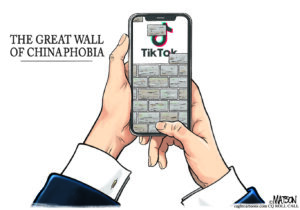
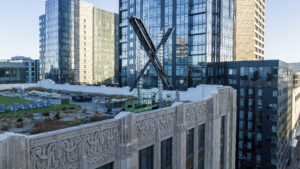
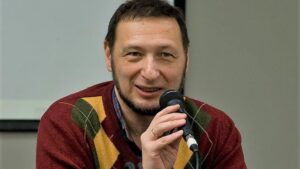

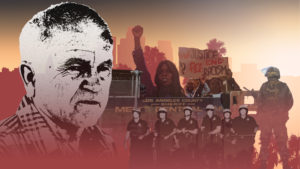
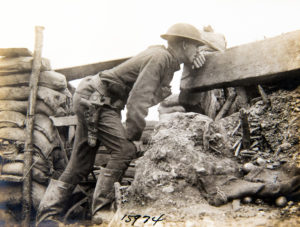
You need to be a supporter to comment.
There are currently no responses to this article.
Be the first to respond.